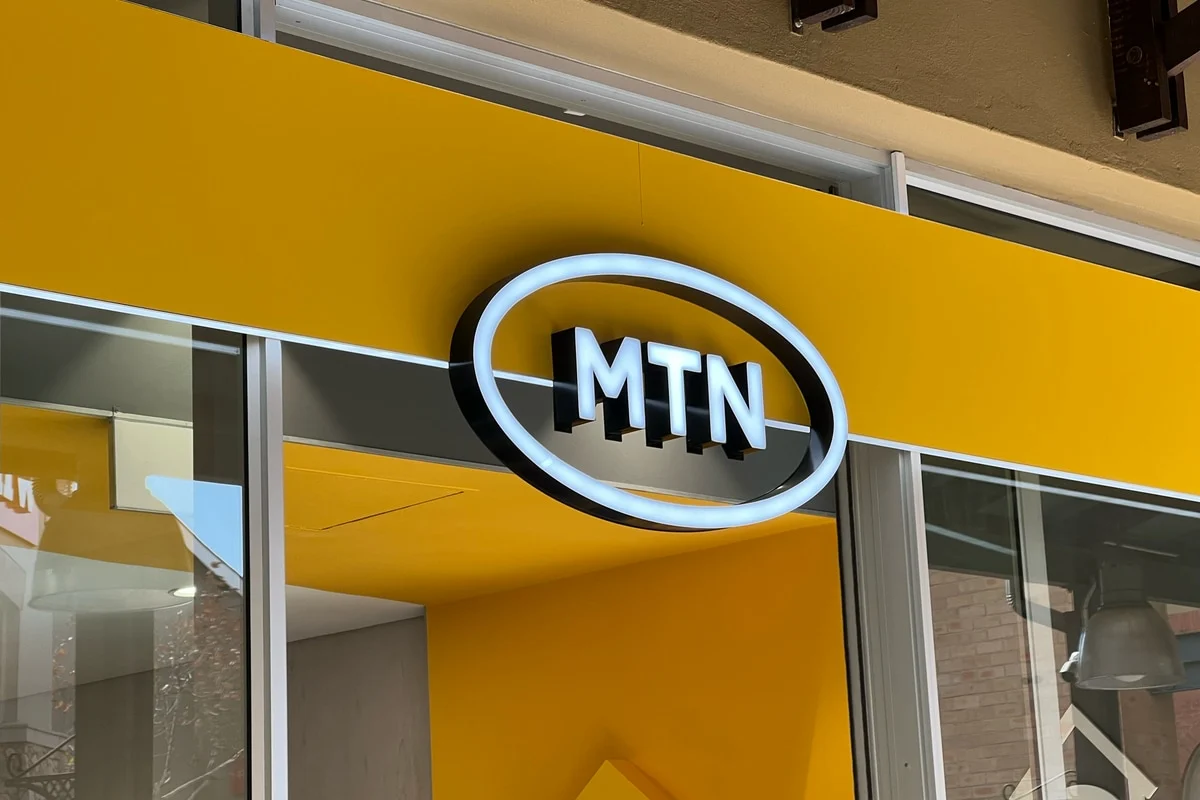Web developers mostly prefer Hypertext Preprocessor (PHP) scripting language for performing their web development tasks. It powers a considerably large section of the web from simple sites to complex web applications. Still, many PHP developers struggle with expanding the true power of PHP functions. A piece of code that can be used many times is labeled as a PHP function and can drastically enhance the readability and performance of your code if utilized correctly.
I am writing this blog post to guide you about the top PHP functions that you can use and level up your coding game.
Why are PHP Functions Significant?
Before getting into the details of the particular PHP functions let me help you understand why they are important. It is easy to sum up logic code, reuse it across multiple parts of the web application you are working on, and make code modular with PHP functions. Also, you can ensure:
- Clear Readability: It gets easier to understand your code due to well-named PHP functions.
- Less Redundancy: With PHP functions there is no need to write the same code again and again.
- Maintainability: Bug fixing is also easy by isolating issues to specific areas through functions. Moreover, I would suggest taking top PHP developers on board to leverage all PHP functions.
Popular PHP Functions for Optimizing Code
Now I am going to discuss top PHP functions that can assist in optimizing your code including array_map(), array_filter(), str_replace() function, and a lot more.
1. array_map()
To manipulate an array one of the most powerful PHP functions is the array_map(). Through this function, you can apply a callback function to each element of an array. It is mostly suitable for scenarios where the same operation needs to be performed on various array elements without using loops.
For instance, you can use the array_map() function to square each number of an array rather than looping manually through the whole array.
$numbers= [1, 2, 3, 4, 5];
$squared= array_map (fn($num) => $num **2, $numbers);
print_r ($squared);
2. array_filter()
For filtering elements in an array based on any specific criteria utilize a powerful PHP function called array filter(). Through this function you can apply a callback function to every array element and only those meeting specific conditions will be returned.
For example, if I want to filter odd numbers of an array:
$numbers= [1, 2, 3, 4, 5, 6];
$evens =array_filter ($numbers, fn ($num) => $num % 2 ==0);
Moreover, array_filter is apt for the performance of your code in addition to making the desired code concise.
3. str_replace()
If you want to do string manipulation with PHP, you can try its str_replace() function. You can smoothly search for a substring and replace it with the other string. Moreover, it’s good for modifying text and sanitizing user input. Use this given code:
$text = “Hello World!”;
$updatedText = str_replace ( “World”, “PHP” , $text);
echo $updatedText
4. explode () and implode ()
Other PHP functions are explode() and implode() they are useful for managing string-to-array and array-to-string conversions. To split a string into an array, explode() is used while implode () is selected to join an array into a single string.
I can make you understand these functions through this example:
$string= “apple, orange banana” ;
$array =explode (“,”, $string), // Converts string to an array
print_r($array);
$joinedString = implode (“-”, $array), // Converts array back to a string
echo $joinedString;
With these powerful PHP functions, data can be processed in different formats including URL parameters or CSV files.
5. array_merge()
Another top function of PHP can help PHP developers in merge multiple arrays into a single task through value merging and key preservation such as:
$array1= [‘a’ => ‘apple’ , ‘b’ => ‘banana’]
$array2= [‘c’ => ‘cherry’ , ‘d’ => ‘date’]
$merged = array_merge ($array1, $array 2)
print_r ($merged);
For merging data from various sources and handling associative arrays this PHP function is on top.
6. strtotime()
To convert a date or time string into a Unix timestamp, I would prefer using strtotime() function. Furthermore, to convert user input to standardized format or to manipulate dates this is a particularly helpful function:
$timestamp = strtotime (“next Monday”);
echo $timestamp;
Being a handy and versatile option, I can assure you that this PHP function can resolve many human-readable date formats.
7. json encode() and json decode()
Advanced web development involves working with JSON data and with PHP encode () and decode () functions conversion of data between PHP array and JSON format becomes easier.
For instance:
$data = [‘name’ => ‘John’ , ‘age’ => 30];
$json = json_encode($data) ; // Convert PHP array to JSON
echo $json;
$array = json_decode ($json, true); Convert JSON back to PHP array
Print_r ($array);
For storing structured data and dealing with API responses such functions are important.
8. isset()
To check for required values or validate user input, the isset () function is mostly used. It is also used to verify if a variable is set and not null.
Have a look at the given example:
$name = “John”;
if (isset ($name) )
{
echo “Name is set!” ;
}
Isset () function is also one of the fastest methods of verifying if a variable exists other than preventing errors.
Final Words
For writing and maintaining clean and efficient coding, PHP functions can be considered a cornerstone. These functions are the tools every PHP developer should be familiar with for manipulating arrays, handling data, or working with strings during web app development. If you feel overwhelmed while planning your web development tasks with PHP, in my opinion it will be a good idea to consult skilled PHP professionals.









